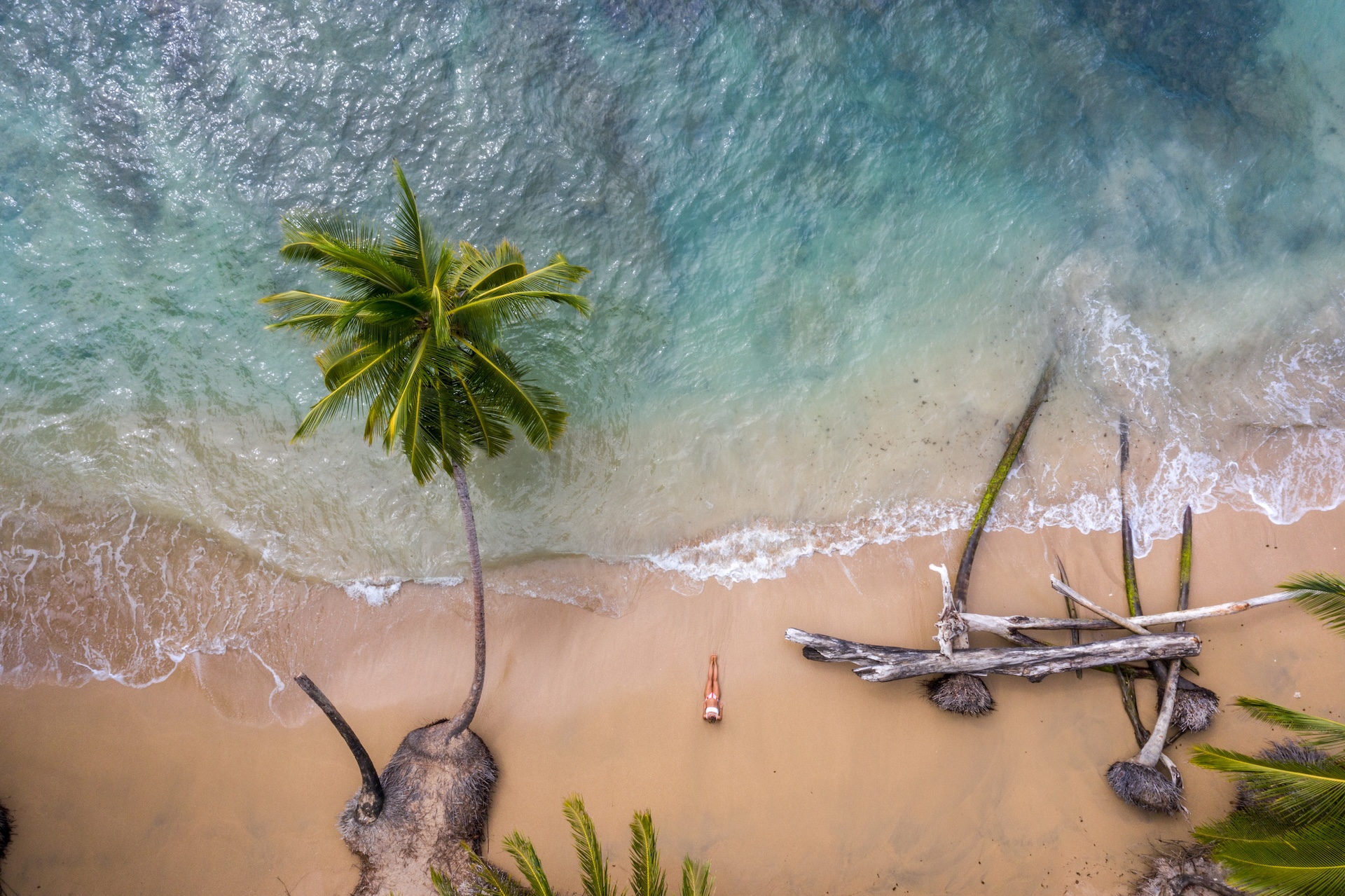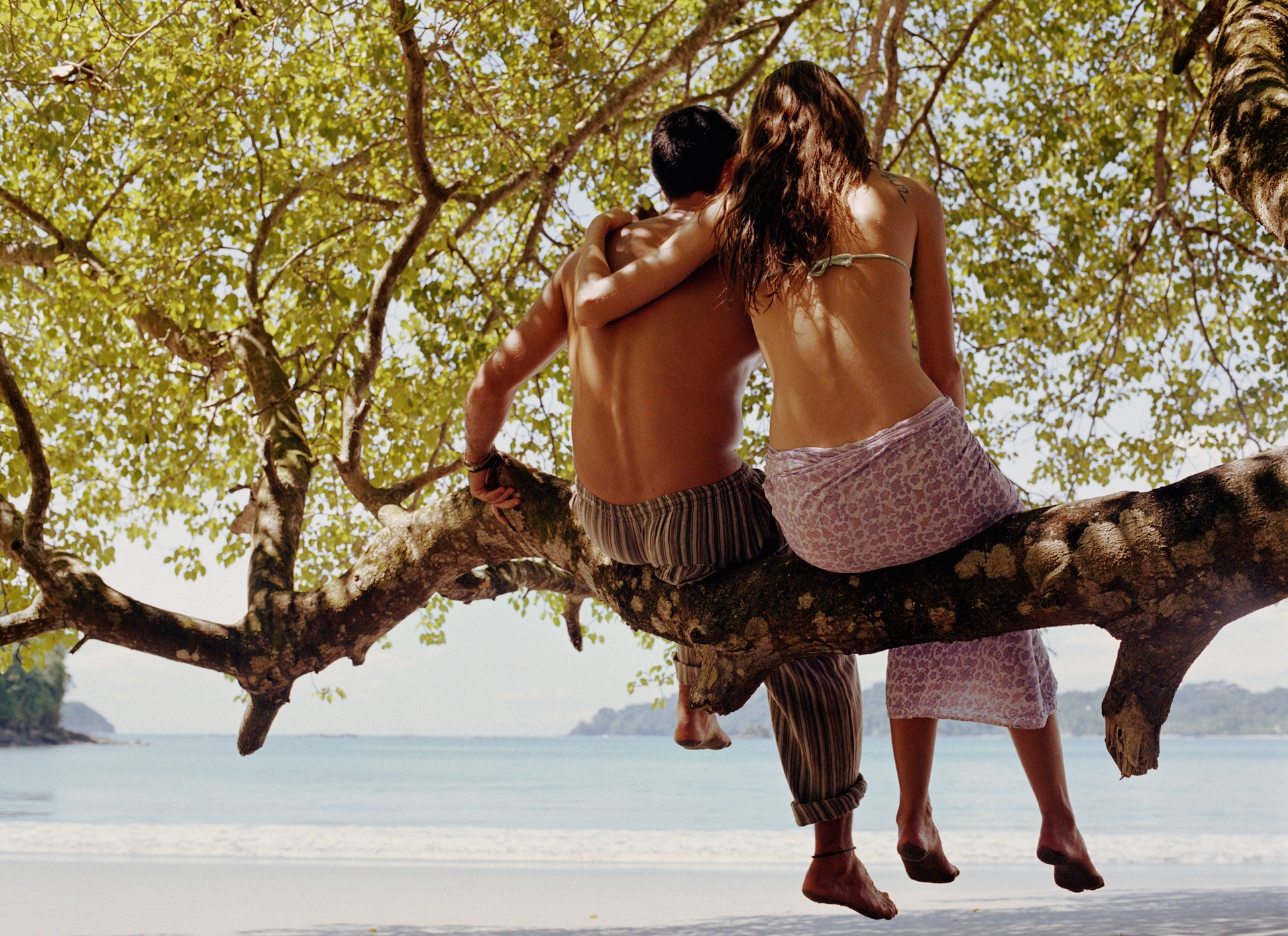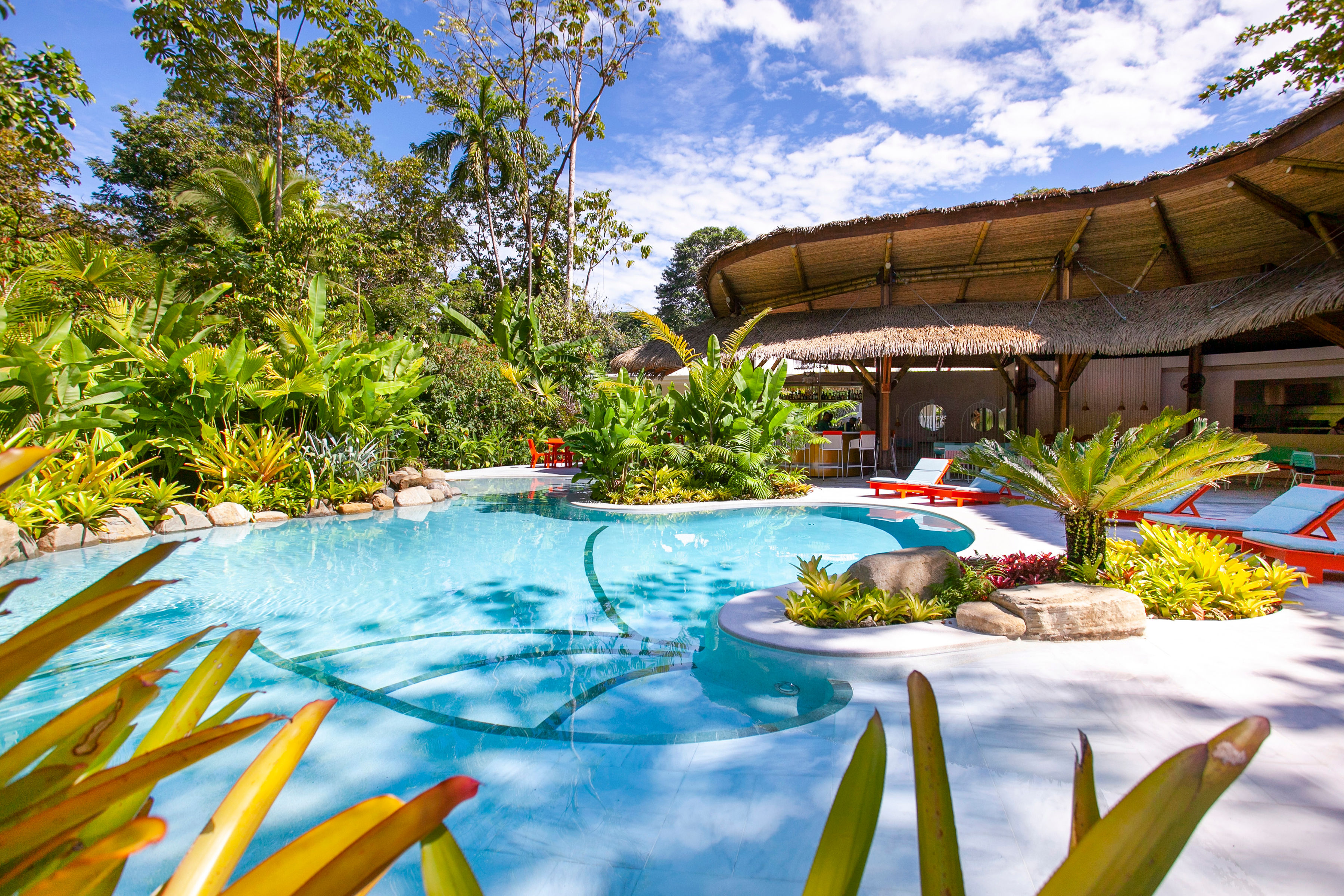“Travel can be a powerful act of regeneration not just for ourselves, but for the planet. The Cayuga Collection proves that sustainability and soul-stirring luxury can go hand in hand. It has been a personal inspiration since the beginning.” – James Papagno
There is a corner of the world that keeps calling you back. A place where howler monkeys echo through the trees, ocean currents sweep across untouched shores, and communities show what purpose driven hospitality truly looks like. That place is Central America. And for you, the finest expression of sustainable travel here is the Cayuga Collection.
You first met Hans Pfister, Cayuga’s founder, in the 1990s, during your time running Adventure Expeditions, one of the first US based surf and adventure travel companies focused on Central and South America. Even then, Hans was thinking differently about travel. Long before the term eco lodge entered the mainstream, he was quietly building a movement rooted in regeneration.
Decades later, you continue to follow Cayuga’s evolution with admiration and recommend it to Wild Earth Stay travelers who want to go beyond the usual Costa Rica trail.
Tourism in Central America: A New Chapter
For years, Costa Rica was the undisputed leader of Central American travel, known for its lush jungles, friendly locals, and sustainability-first approach. But something new is rising. Countries like Guatemala, Panama, and Nicaragua are beginning to write their own tourism stories, and this next chapter is refreshingly diverse.
Take Panama’s historic district of Casco Viejo, now one of the region’s most talked-about cultural hubs. Not far away, the newly opened Hotel La Compañía del Valle in Valle de Antón shows the country’s commitment to restoration and innovation.
Meanwhile, Nicaragua’s Corn Islands and Panama’s Bocas del Toro offer fresh, unfiltered beach escapes for travelers willing to go a little farther. These are not cookie-cutter resorts. They are authentic, locally inspired stays like Yemaya Reefs, where barefoot luxury meets island simplicity. Beyond the vibrant cities and hidden beaches, it is the sustainable soul of these destinations that sets them apart. And no one has championed that spirit more consistently than the Cayuga Collection.
The Cayuga Way: Sustainability As A Way of Life
Cayuga began with a simple mission: support properties that want to be truly sustainable, not just in marketing, but in everyday practice. When no one else was ready to embrace the challenge, Hans Pfister and his team stepped forward.
Today, the Cayuga Collection includes eight extraordinary properties across Costa Rica, Panama, Nicaragua, and Guatemala, each with a deep sense of place. From cloud forests to coastlines, every lodge shows how travel can restore the planet and uplift local communities.
Here are just a few that have captured my heart:
Finca Lérida, Panama | Perched in the highlands of Boquete, this historic estate tells the story of Panama’s world-renowned geisha coffee, set among lush mountain trails.
Bolontiku Hotel, Guatemala | A tranquil sanctuary on Lake Petén Itzá, offering access to the sacred ruins of Tikal and a heartfelt dedication to preserving Mayan culture.
Isla Palenque, Panama | A private island paradise with 400 wild acres and an authentic “leave no trace” philosophy.
Kura, Costa Rica | A striking architectural retreat suspended above the rainforest, redefining eco-luxury for the modern traveler.
Hotel Aguas Claras, Costa Rica | An art-filled Caribbean escape that blends Afro-Caribbean design, boho-chic style, and a celebration of barefoot luxury.
The Path Forward: Learning from Costa Rica, Celebrating the Whole Region
Costa Rica may have paved the way, but Central America’s new wave of travel is about more than imitation. It is about evolution. From Guatemala’s ancient ruins to Panama’s growing creative hubs and Nicaragua’s surf-washed coastlines, the region is coming alive in bold, beautiful ways.
And if one collection continues to lead by example, it is Cayuga.
“In the end, it is about creating travel experiences that matter not just for the traveler, but for the communities, ecosystems, and stories behind them.” – James Papagno , Founder & Chief Exploration Officer












